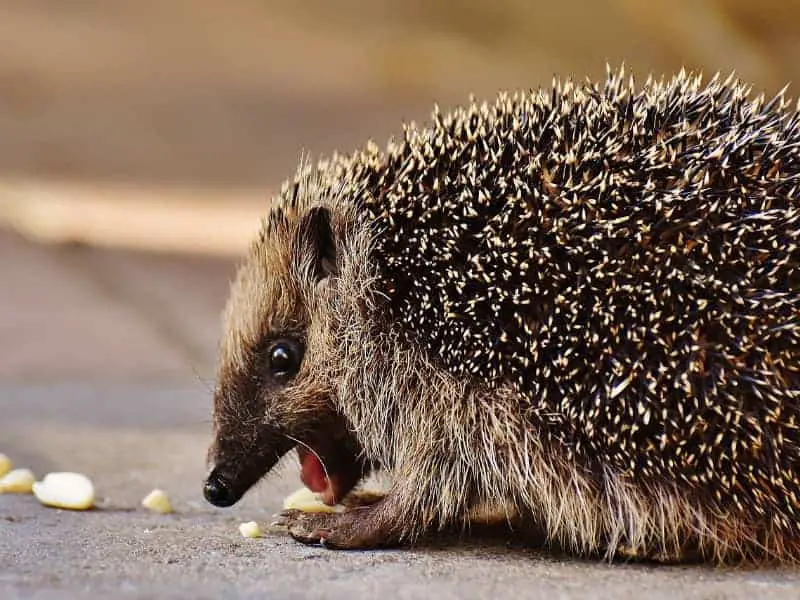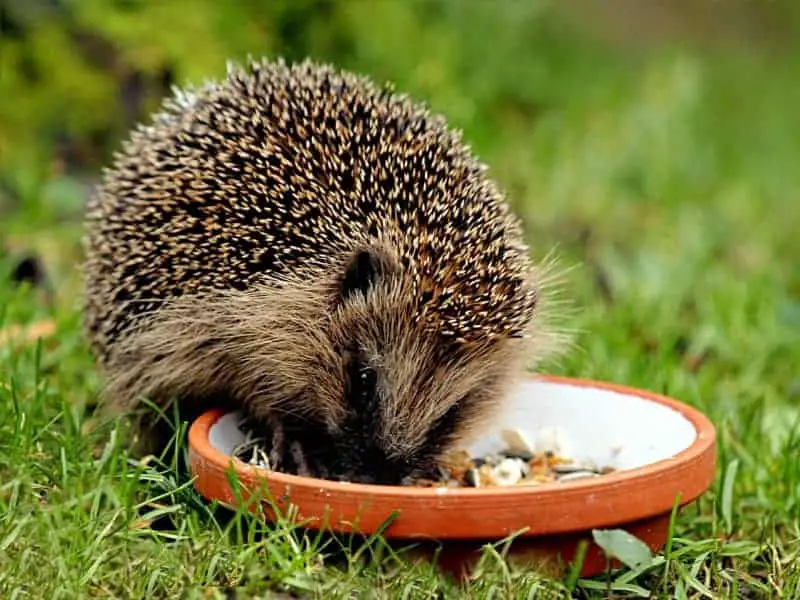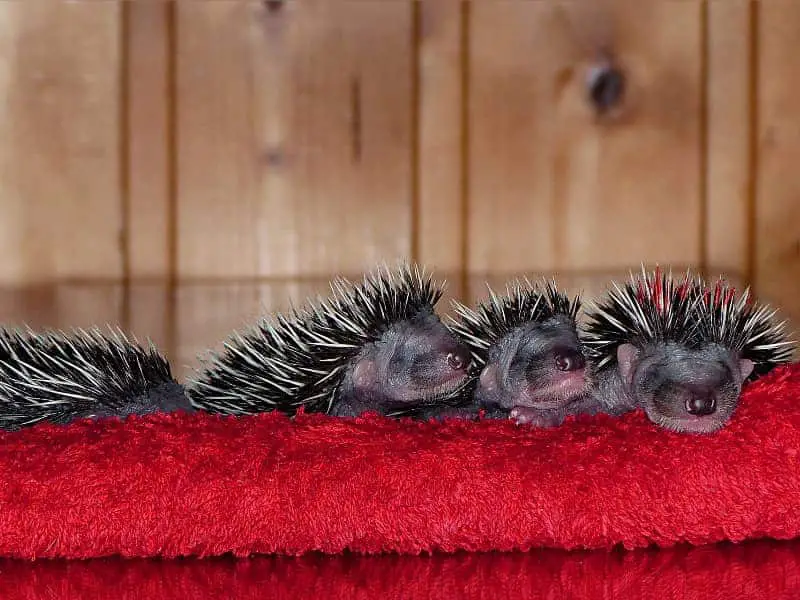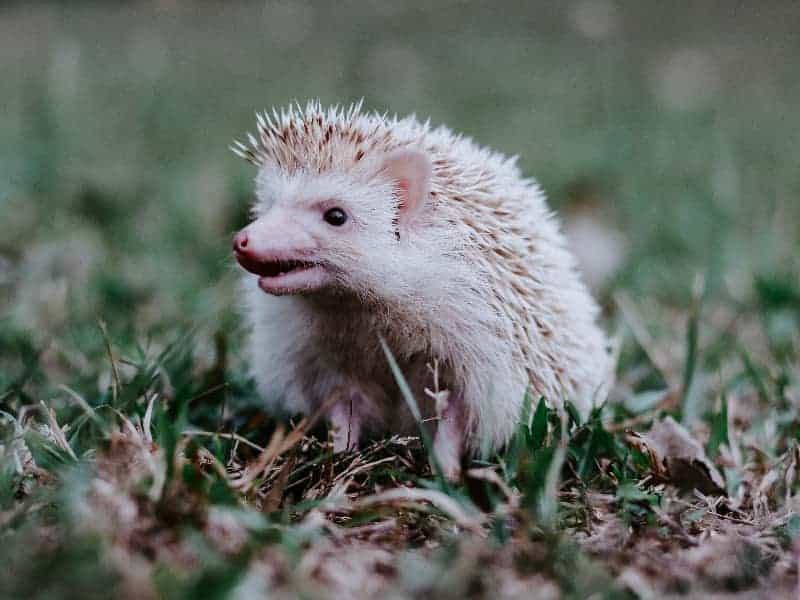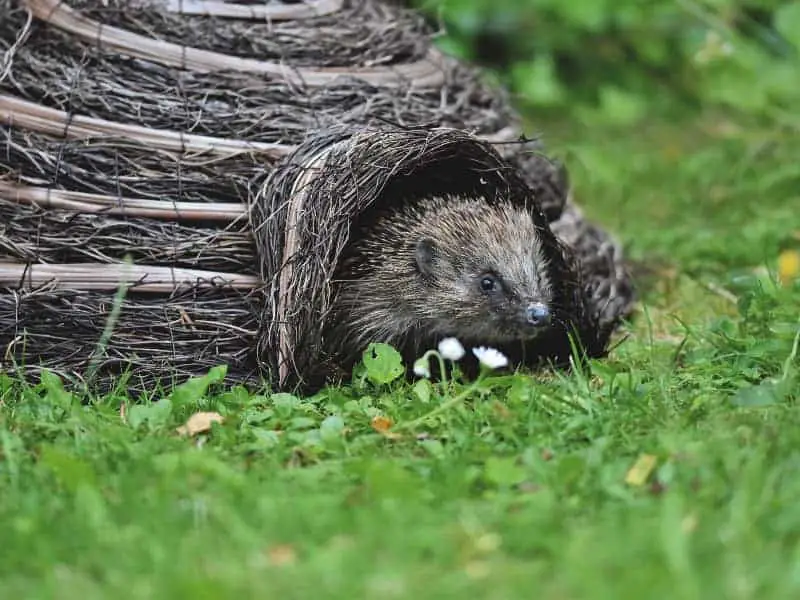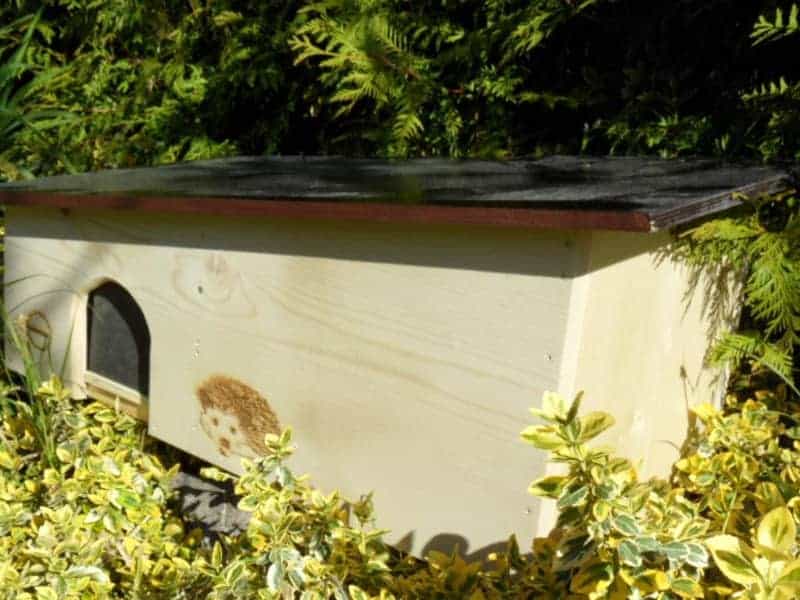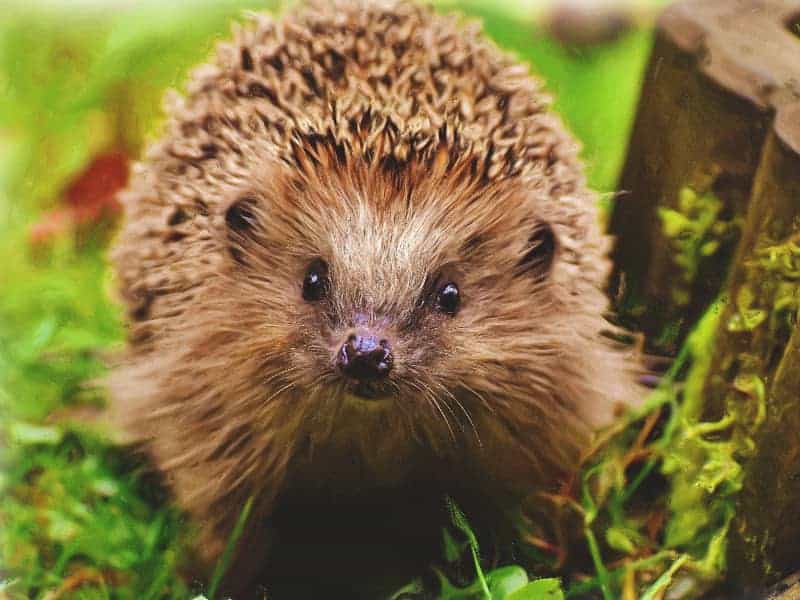
Do hedgehogs eat sunflower seeds?
The question of whether hedgehogs eat sunflower seeds may seem trivial at first glance. But for anyone who has a heart for these little spiny animals or simply wants to learn more about their eating habits, this topic is significant. In this blog post, we delve deep into the world of hedgehogs and their diet.
- Do hedgehogs eat sunflower seeds?
- What you should know
- The biology of the hedgehog
- What hedgehogs really eat
- Hedgehog sunflower seeds - advantages and disadvantages
- Conclusion: Do hedgehogs eat sunflower seeds?
- Frequently Asked Questions (FAQ)
- Can I give a hedgehog sunflower seeds as a main food?
- What happens when a hedgehog eats sunflower seeds?
- Are sunflower seeds toxic for hedgehogs?
- Are there better alternatives to sunflower seeds for hedgehogs?
- Can I at least use sunflower seeds as a treat?
- How can I tell if a hedgehog has digestive problems?
- Why should sunflower seeds not be the main food?
- Is it safe to use sunflower seeds from the supermarket?
What you should know
Feeding hedgehogs is a wide field, ranging from insects to plant parts. However, before you start feeding sunflower seeds, it is important to know some basics.
From experience, hedgehogs are not picky eaters, but that doesn't mean that everything they can eat is healthy for them. Therefore, it is crucial to understand what nutrients they really need and how you can ensure a balanced diet.
Why the topic: Do hedgehogs eat sunflower seeds?
The issue of hedgehogs eating sunflower seeds is relevant in several ways. First, well-intentioned feeding attempts with the wrong foods can cause more harm than good.
An unbalanced diet can lead to health problems in hedgehogs such as obesity, deficiency symptoms or digestive disorders. Therefore, it is important to be well informed when feeding hedgehogs, whether in your own garden or in the wild.
The biology of the hedgehog
Before we address the question of whether hedgehogs eat sunflower seeds, it is useful to take a look at the basic biology of these fascinating animals. Knowledge of their anatomical and physiological characteristics can tell us what foods they prefer and tolerate.
Anatomy and physiology
Hedgehogs belong to the order of insectivores and are equipped with a variety of adaptations for this way of feeding. They have specialized dentition that is ideal for crushing insects, worms and other small animals.
Their digestive tract contains enzymes that are optimized for the breakdown of proteins and fats. Less efficient, however, is the breakdown of complex carbohydrates, which is why foods with a high sugar or starch content should generally be avoided.
Natural dietary habits
In the wild, a hedgehog's diet consists mainly of insects, worms, snails and other small animals. This diet is high in protein and fat and meets the hedgehog's natural needs.
Sometimes they also eat fruits and berries, but to a much lesser extent. It is important to keep these natural eating habits in mind when considering whether and how to feed a hedgehog.
Habitat
The habitat of a hedgehog strongly influences its diet. Hedgehogs are found in a variety of habitats, from forests and meadows to urban gardens. Thereby, their diet adapts to the available food sources.
In urban areas, where natural food sources may be scarce, hedgehogs are also more likely to make use of human-provided foods. In such cases, knowledge of healthy food alternatives can be particularly important.
What hedgehogs really eat
Now that we know some basics about hedgehog biology and natural feeding habits, we can turn to the central question of this article: Do hedgehogs eat sunflower seeds? To answer this, let's first look at what hedgehogs usually eat.
Insects and small animals
The main diet of hedgehogs consists of insects and other small animals such as worms and snails. These food sources provide hedgehogs with the necessary nutrients such as proteins and fats that they need for a healthy life.
Especially in spring and summer, when insects and worms are abundant, this is the preferred diet of hedgehogs. It is important to note that these foods optimally cover the hedgehog's natural needs and should therefore be at the forefront of any feeding effort.
Fruit and vegetables
While hedgehogs are mainly carnivores, they occasionally eat plant foods such as fruits and vegetables. Ripe fruits and soft vegetables are especially popular, as they are easier to digest.
However, they eat fruits and vegetables only small quantities, these things are not the main food source for hedgehogs. They are very picky about this and usually always prefer protein food sources. However, they do not mind a sweet snack in the form of fruit between meals. Vegetables are only very rarely eaten.
Other food options
In exceptional situations or when natural resources are scarce, hedgehogs may eat other foods. These include eggs, carrion and even fish.
However, these foods should be considered as an exception and should not replace the main diet. Especially in human care, it is advisable to focus on special hedgehog foods and natural food sources such as insects and worms.
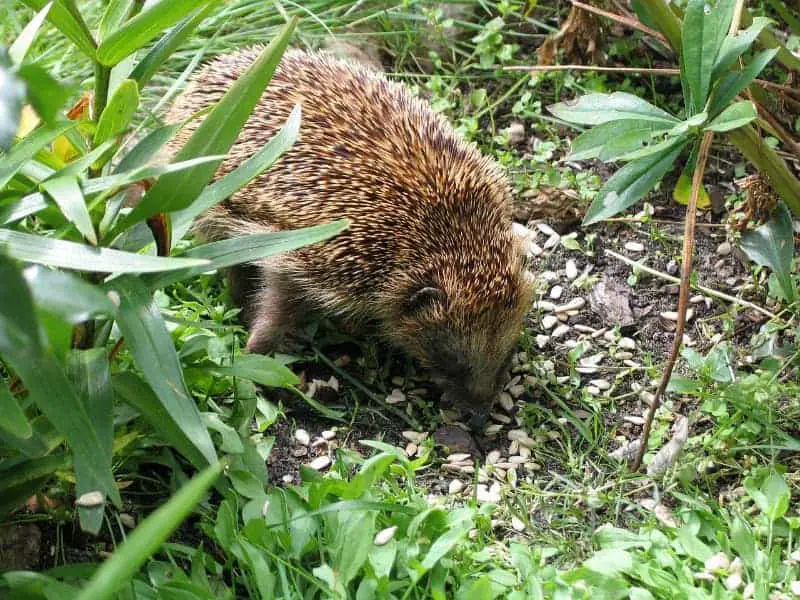
Hedgehog sunflower seeds - advantages and disadvantages
Now that we have a solid understanding of the basic biology and dietary habits of hedgehogs, we can address the specific question: Are sunflower seeds suitable for hedgehogs? To answer this, we look at nutrient content, digestibility, and potential hazards and risks.
Nutrient content
Sunflower seeds are rich in fats and proteins, so they could appear as a nutritious option. They also contain various vitamins and minerals that could have health benefits.
However, these kernels are not necessarily optimally matched to a hedgehog's nutritional needs. They do not provide the same range of nutrients as insects or worms. They can provide the hedgehog with too many unsaturated fatty acids, causing an imbalance in its diet.
Digestibility
Another important criterion is digestibility. Hedgehogs have a digestive tract that is mainly geared towards breaking down animal proteins and fats.
Sunflower seeds contain a lot of vegetable fiber that can be difficult for the hedgehog to digest. Although they are not necessarily harmful, if consumed in excess they could cause digestive problems that could be unpleasant or even dangerous for the hedgehog.
Dangers and risks
There are also some risks associated with feeding hedgehogs sunflower seeds. One of them is the risk of mold. Sunflower seeds, when they become moist, can form molds that may contain toxic substances such as aflatoxin.
Another risk is the possibility of blockages, especially if the kernels are not properly crushed. Since hedgehogs tend to be small animals, large or hard kernels could pose a choking hazard.
Good for sick and weak hedgehogs
Sunflower seeds can be very useful as a food supplement. Due to the high fat content, hedgehogs can build up fat reserves and thus cope better with hibernation. These fat reserves are essential for hibernation. However, care should be taken to ensure that sunflower seeds are only added in small quantities when feeding.
Conclusion: Do hedgehogs eat sunflower seeds?
After a detailed consideration of the biological characteristics of hedgehogs and their natural feeding habits, as well as an examination of the specific advantages and disadvantages of sunflower seeds as a food for these animals, we reach a final verdict.
Sunflower seeds, while nutritious and high in fats and protein, are not ideal for a hedgehog's diet. Their digestibility and nutrient content do not meet the hedgehog's natural needs, and there are potential risks such as mold growth and the possibility of constipation.
In general, it is advisable to stick to the hedgehog's natural food sources, such as insects, worms, and occasional fruits and vegetables. These provide a balanced nutrient profile and are easier for the hedgehog to digest.
If you want to feed a hedgehog, whether in the wild or in human care, it is best to use specialized hedgehog food or natural alternatives such as insects and worms. This way you will ensure that the animal gets all the necessary nutrients without taking unnecessary risks.
Frequently Asked Questions (FAQ)
Can I give a hedgehog sunflower seeds as a main food?
No, sunflower seeds should not be the main food for hedgehogs. Their natural diet consists mainly of insects, worms and other small animals.
What happens when a hedgehog eats sunflower seeds?
Occasional consumption of sunflower seeds is not harmful, but can cause digestive problems and nutrient imbalance if consumed in large quantities.
Are sunflower seeds toxic for hedgehogs?
Sunflower seeds themselves are not toxic to hedgehogs, but may contain molds if they become moist. These can contain toxic substances such as aflatoxin.
Are there better alternatives to sunflower seeds for hedgehogs?
Yes, the best foods for hedgehogs are insects, worms and special hedgehog food that meets the natural nutritional needs of these animals.
Can I at least use sunflower seeds as a treat?
As an occasional treat and in small amounts, sunflower seeds might be okay. However, it is better to focus on more natural treats like insects.
How can I tell if a hedgehog has digestive problems?
Signs of digestive problems may include apathy, lack of interest in food, or visible problems with elimination. In such cases, it is advisable to consult a veterinarian.
Why should sunflower seeds not be the main food?
Sunflower seeds do not have the balanced nutrient profile hedgehogs need for a healthy diet. They are high in fat and can lead to nutrient imbalances.
Is it safe to use sunflower seeds from the supermarket?
As long as the seeds are fresh and free of mold, occasional consumption does not pose a great risk. However, it is not recommended to use them as a regular food.
Author

-
Garden animal - A life with nature
Welcome to my animal blog! My name is Dirk and I am happy to take you on my journey through the fascinating world of animals and gardening.
Born 54 years ago, I have had an insatiable curiosity for the animal world around me since childhood. Although I have moved professionally in other industries, my true passion has always been animals and nature. It is remarkable how a small garden has become such an important part of my life.
Many of my fondest memories are associated with the animals that share our home. Whether it's the curious squirrels that scurry across the trees in the morning, the colorful variety of birds that visit our feeders, or the busy bees and butterflies that pollinate our flowers, every moment with them is invaluable to me.
This blog is my contribution to share my experiences, discoveries and insights with like-minded people. Here I will share stories of unforgettable encounters with animals, give tips on gardening and creating wildlife-friendly habitats, and take you on my journeys through nature.
Thank you so much for being here!
Cordial,
Dirk aka garden animal
Last posts
- 27. February 2024PetsVeganes Hundefutter – Grün und Gesund?
- 18. January 2024ChickensOregano für Hühner
- November 27, 2023HamsterDiurnal hamsters
- November 24, 2023HamsterHamster hammock

